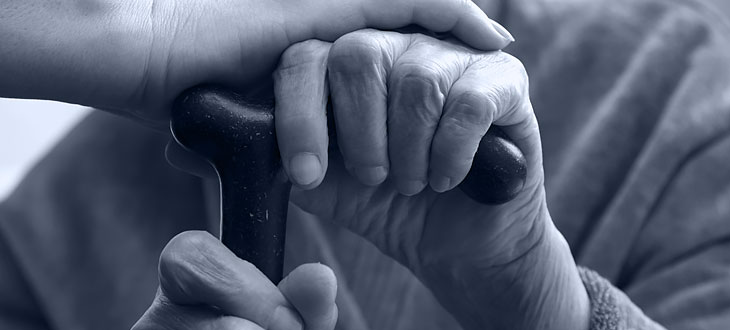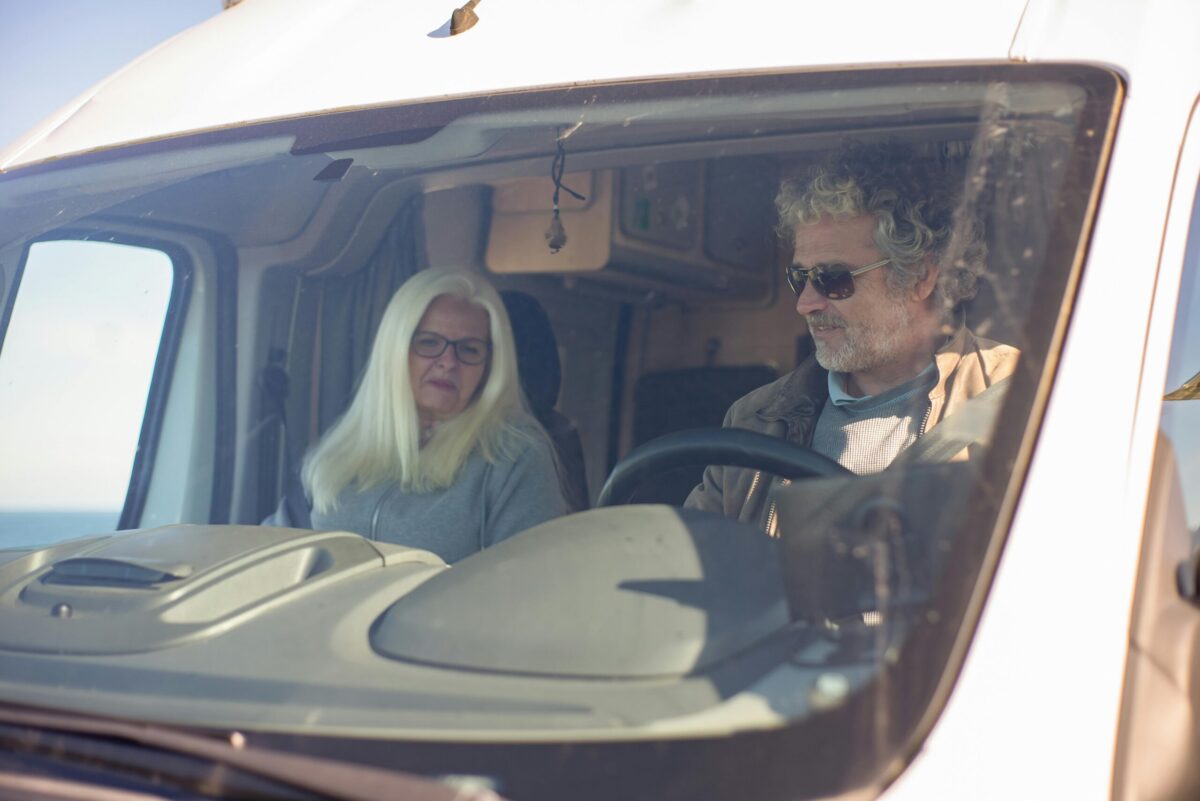“Why are you so worried about catching Coronavirus, anyway? It’s the flu. The only people who die of the flu are old people. You’re young. What’s the big deal?”
Don’t worry. Only old people are dying.
It’s not a big deal. Unless you’re old.
This is only killing old people. Everything will be okay.
We hear it every single day. In the news. On the television. Someone is saying it on every social media platform when we log in to check in with our friends and families. The words are more or less direct, the context changes based on whatever is going on in society, but the sentiment is always the same:
X is only hurting seniors. And that’s not something we should be concerned about.
Right now, we’re talking about the Coronavirus. But before we knew what Coronavirus was, it was said about a million other things. Economic downturns, annual illnesses, access to social programs, phone scammers—even the problems facing Social Security. Let’s not worry about this now. We have more pressing concerns. Besides, this will really only affect seniors.
Who cares about that, right?
Oh, probably the nearly 73 million Americans over the age of 60 living in this country right now—one of the largest demographics, reliable voting blocs, and tax-paying groups in the U.S. And simultaneously the one of the most vulnerable and ignored—at least until it’s time to start pandering for votes on the campaign trail.
As a society, we are suffering from two epidemics right now. One is damaging our country outright, directly in all of our faces when we have to spend ten minutes looking for our masks and travel hand sanitizer before we go to the grocery store. This one is brand new, but the million little ways we’ve altered our lives to deal with it already seem completely natural.
The second one, though, is far older. And the very nature of it prevents us from recognizing it or taking it seriously. It’s a lack of compassion.
Maybe it comes from a need to make ourselves feel better by separating or exceptionalizing ourselves from others that we perceive as “at-risk.” If we can identify a type of person or a set of factors that makes us more likely to experience something bad, we can rest easy telling ourselves we aren’t part of that group. We’re safe.
But that feeling is false—not just in this specific situation (COVID has proven time and time again there is no such thing as a “safe” group, medically speaking), but in every kind of crisis. Anything that hurts one of our largest populations WILL come to hurt the rest of us in time, one way or another. Nobody is safe when we disregard huge swaths of the public and allow problems to fester.
Sooner or later, the chickens come home to roost.
Thanks to a lack of focus on senior-dominated communities, like nursing facilities, these communities are often at the center of local infections that balloon into statewide epidemics. We have only just started to ask questions about the level of testing, investigation, and disclosure of COVID infection in nursing homes. Even knowing how common it is for infections to begin in nursing facilities, many states are still lagging to make this data publicly available.
The attitude is if someone of a certain age or with pre-existing health conditions passes away, there’s no point in conducting the investigations we might with a younger person. It could have been anything. Let’s just chalk it up to age and not “waste” resources on pursuing the cause or protecting residents and staff. This is something that happens even when a pandemic isn’t going on.
Broadening our scope, we see this shoulder-shrugging when it comes to vaccines:
Sure, most young people can tough out the flu. Sure, shingles is just an irritating, painful rash in your twenties. We don’t really need to get vaccinated.
But it’s not about YOU.
We see it in our economic policies:
“Hey! I have an idea! Let’s just suck money for stimulus payments/paid family leave/[insert whatever need for funding we have here] out of Social Security. It will all balance out later when we ask everyone who used it to pay it back.”
But what about the people on Social Security right now? What are we going to do when the surplus runs out?
“…Eh, that’s not politically convenient for us right now. You know how tense people get about Social Security. We’ll let the next guys handle that one.”
From a public well-being standpoint, the gradual normalization of this “schmeh” attitude toward seniors is a disaster. Young people aren’t immune from the diseases we allow seniors to catch. Young people aren’t secure from the retiree safety nets we allow to collapse—one day, they, too, will retire. Young people are not safe from the effects of seniors losing purchasing power and economic stability—their economies depend on seniors’ patronage.
Even if all those things weren’t true, young people need to remember this unavoidable truth: there’s no escaping age. We will all wake up one day and find ourselves on the wrong side of our cultural of indifference toward seniors.
One day, we will all know how it feels to live in a society that looks at us as if we don’t matter. As if everything we contributed to that society before we retired was irrelevant. As if everything we can still contribute to society while retired has no value.
One day, we won’t see those “who cares, it only kills old people” and think, “that makes me feel better.” We’ll think, “…ouch.” Because those statements will be about us.
Our goal as an organization is not just to preach to the choir. We want everyone to be concerned with matters of retirement security because it’s an issue that necessarily affects everyone. But in the midst of this pandemic, we see the lack of importance and focus on things seen to concern only the “seniors’ realm” as far larger and dire. The “seniors’ realm” is everyone’s realm. Their problems are all of our problems.
So, if you’re reading this and you aren’t a senior or a retiree yet, please consider how the things you say casually are contributing to this culture of indifference. And more directly, how your parents, aunts and uncles, grandparents, and older acquaintances feel when you say them.
Trust us when we say it’s not a good feeling. And that’s putting it very, very lightly.






